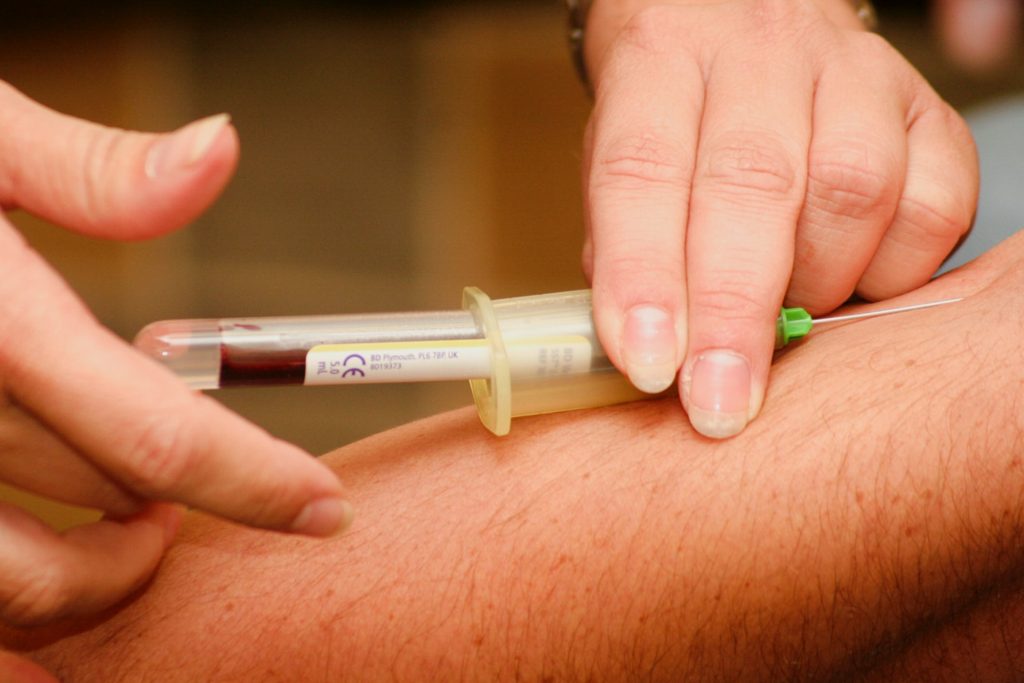Low Serum Urate Increases Sarcopenia Risk

Adults with low blood levels of urate, the end-product of the purine metabolism in humans, may be at higher risk of sarcopenia and may face a higher risk of early death, according to a new study published in Arthritis & Rheumatology.
Whether or nor low serum urate (SU) levels contribute to adverse outcomes has been the subject of controversy. The study involved 13 979 participants aged 20 years and older, sourced from the National Health and Nutrition Examination Survey from 1999–2006.
Low serum urate concentrations (<2.5 mg/dL in women; <3.5 mg/dL in men) were associated with low lean mass, underweight BMI (<18.5 kg/m2), and higher rates of weight loss. While low SU was associated with increased mortality (61%) before adjusting for body composition, its effect was reduced and non-significant after adjustment for body composition and weight loss.
“These observations support what many have intuited, namely that people with low serum urate levels have higher mortality and worse outcomes not because low urate is bad for health, but rather that low urate levels tend to occur among sicker people, who have lost weight and have adverse body composition,” explained lead author Joshua F. Baker, MD, MSCE, of the University of Pennsylvania. “While this observational study doesn’t disprove a causal association, it does suggest that great care is needed in interpreting epidemiologic associations between urate levels and health outcomes.”
Source: Wiley

